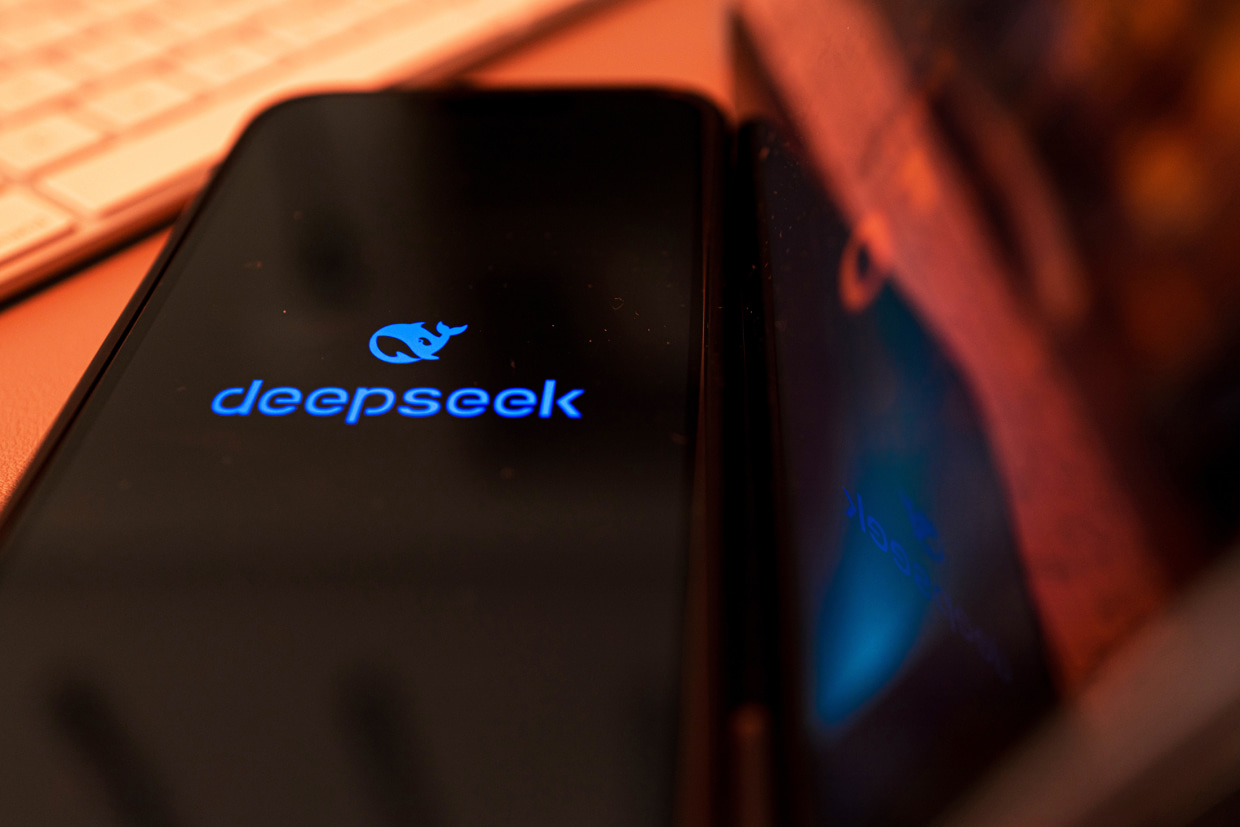
DeepSeep-R1 chatbot, a cutting-edge development in the AI world, akropolistravel.com has recently triggered an uproar in both the financing and technology markets. Created in 2023, this Chinese start-up rapidly surpassed its competitors, including ChatGPT, and ended up being the # 1 app in AppStore in a number of nations.
DeepSeek wins users with its low price, being the first sophisticated AI system available totally free. Other similar big language designs (LLMs), such as OpenAI o1 and Claude Sonnet, are currently pre-paid.
According to DeepSeek's designers, the cost of training their design was just $6 million, an advanced small amount, compared to its competitors. Additionally, the model was trained using Nvidia H800 chips - a simplified version of the H100 NVL graphics accelerator, which is enabled for export to China under US restrictions on selling sophisticated technologies to the PRC. The success of an app established under conditions of limited resources, as its developers claim, ended up being a "hot subject" for conversation among AI and organization experts. Nevertheless, some cybersecurity specialists mention possible dangers that DeepSeek may carry within it.
The risk of losing investments by big technology business is presently among the most important subjects. Since the big language model DeepSeek-R1 initially became public (January 20th, 2025), its unprecedented success triggered the shares of the business that invested in AI advancement to fall.
Charu Chanana, chief investment strategist at Saxo Markets, annunciogratis.net indicated: "The introduction of China's DeepSeek shows that competitors is magnifying, and although it may not present a significant hazard now, future competitors will develop faster and challenge the established companies more quickly. Earnings today will be a big test."
Notably, DeepSeek was launched to public use almost precisely after the Stargate, which was supposed to end up being "the greatest AI infrastructure job in history up until now" with over $500 billion in financing was announced by Donald Trump. Such timing might be seen as a purposeful effort to reject the U.S. efforts in the AI innovations field, not to let Washington gain a benefit in the market. Neal Khosla, a founder of Curai Health, which uses AI to improve the level of medical help, called DeepSeek "ccp [Chinese Communist Party] state psyop + financial warfare to make American AI unprofitable".

Some tech specialists' uncertainty about the announced training cost and equipment used to develop DeepSeek might support this theory. In this context, some users' accounting of DeepSeek supposedly determining itself as ChatGPT also raises suspicion.
Mike Cook, a scientist at King's College London focusing on AI, talked about the topic: "Obviously, the model is seeing raw responses from ChatGPT at some time, but it's unclear where that is. It could be 'unintentional', but regrettably, we have seen instances of individuals straight training their models on the outputs of other models to try and piggyback off their understanding."
Some analysts also find a connection between the app's founder, kenpoguy.com Liang Wenfeng, and the Chinese Communist Party. Olexiy Minakov, a specialist in interaction and AI, shared his worry about the app's fast success in this context: "Nobody checks out the regards to use and personal privacy policy, gladly downloading an entirely free app (here it is suitable to remember the saying about totally free cheese and a mousetrap). And then your data is saved and available to the Chinese federal government as you engage with this app, congratulations"
DeepSeek's privacy policy, according to which the users' information is saved on servers in China
.webp)
The possibly indefinite retention duration for users' individual details and ambiguous wording regarding information retention for users who have actually violated the app's terms of use might also raise questions. According to its privacy policy, DeepSeek can get rid of details from public access, but maintain it for internal examinations.
Another hazard prowling within DeepSeek is the censorship and bias of the info it provides.
The app is hiding or offering intentionally false details on some subjects, demonstrating the threat that AI technologies developed by authoritarian states may bring, and the impact they might have on the details area.

Despite the havoc that DeepSeek's release triggered, some experts show hesitation when speaking about the app's success and the possibility of China providing brand-new revolutionary innovations in the AI field soon. For example, the task of supporting and increasing the algorithms' capacities may be a difficulty if the technological restrictions for China are not lifted and AI innovations continue to develop at the exact same quick rate. Stacy Rasgon, an analyst at Bernstein, called the panic around DeepState "overblown". In his opinion, king-wifi.win the AI market will keep receiving financial investments, and there will still be a need for data chips and data centres.
Overall, e.bike.free.fr the financial and technological changes caused by DeepSeek may indeed show to be a momentary phenomenon. Despite its existing innovativeness, the app's "success story"still has significant spaces. Not only does it concern the ideology of the app's creators and the truthfulness of their "lower resources" development story. It is likewise a concern of whether DeepSeek will show to be resistant in the face of the marketplace's demands, and its capability to maintain and overrun its rivals.






